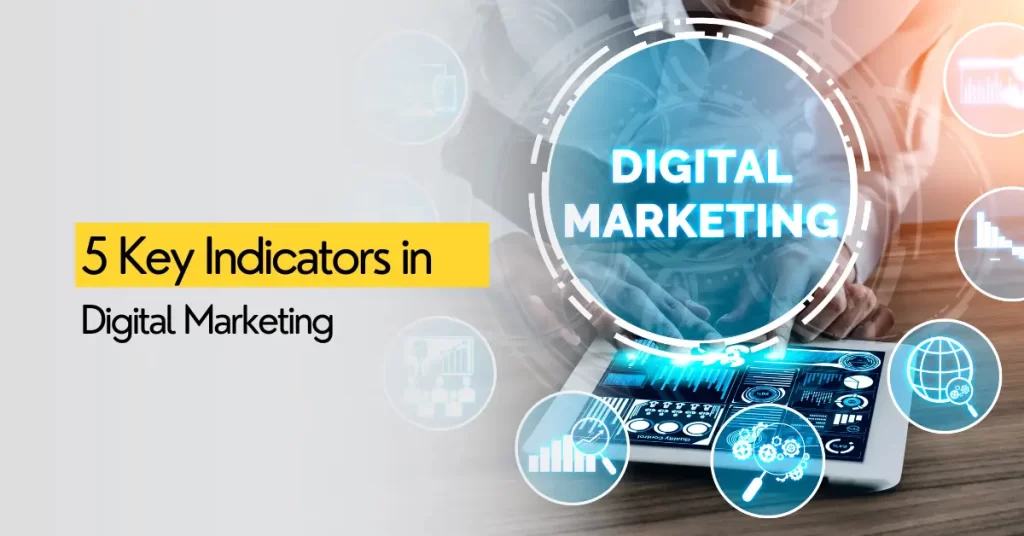
Many businesses have jumped on the digital marketing train. But how many can say that they have succeeded? With every industry going digital, digital marketing holds great potential for reaching the right audience, converting them into leads, and boosting revenue.
However, a challenge associated with this is that today, consumers are pushed with an abundance of digital content and advertisements waiting for their attention. Standing out amidst this crowd is a challenge. It will require more than just a flashy website or a presence on social media. It demands a strategic approach, informed decision-making, and continuous monitoring and optimization based on real-time data and analysis. Additionally, the digital space is continuously evolving; hence, keeping up with these changes and trends is essential to stay abreast. This makes it evident that while businesses have become digital, true success is achieved when we navigate the complexities of the digital world by focusing on the five indicators outlined in this blog and delivering value-driven experiences.
The cornerstone of any Digital Marketing Services or strategies is driving traffic to your website. However, not all leads are genuine, and it is important to not only track the volume of these leads but also their quality and engagement. Some key indicators of this are:
Conversion rate is the ultimate way to know the success in digital marketing after taking into consideration all actions that align with your business objectives, such as signing up for your newsletters (if there are any), making a purchase, or filling out a contact form. Tracking these conversion rates and goals allows you to analyze the effectiveness of your marketing campaigns.
Key metrics involved in this are:
The pervasive nature of social media platforms has made monitoring engagements and interactions across various platforms mandatory. This not only ensures a strong online presence and builds brand loyalty today but also positions you to adapt to the evolving landscape of the Future of Social Media Marketing.
By monitoring social media, you can stay ahead of trends and ready for new platforms or features that emerge. This proactive approach will be crucial for maintaining a strong online presence in the ever-changing social media world.
Some of the key indicators are:
Search engine optimization plays an important role in driving organic traffic ( the traffic comes naturally to your website without being redirected from an ad campaign) to your website and enhancing the visibility of your website digitally. Monitoring key SEO indicators allows you to assess the effectiveness of the optimization efforts and identify areas for improvement.
Some of the key metrics to focus on include:
Understanding and monitoring these five main key indicators in digital marketing is essential for assessing performance, optimizing strategies, and achieving desired outcomes. By using data-driven insights, marketers can make informed decisions and allocate resources effectively to drive continuous improvement in digital marketing efforts. Thus, adopting a holistic approach to measurement and analysis is paramount while navigating the complexities of the digital landscape and staying ahead in today’s competitive market.
Must Read: SEO FAQs – Top 10 Frequently Asked Questions About SEO
Our team at Digital Tokri can be your partner in SEO and performance marketing success. We’ve helped over 200 clients achieve their digital goals, and we’re ready to do the same for you. Our experts will create a data-driven strategy to increase your website’s organic traffic, improve search engine ranking, and ultimately drive conversions. We stay on top of the latest SEO algorithms and performance marketing trends to ensure your brand reaches the right audience and experiences long-term growth.
 How To Do Local SEO For Restaurants »
How To Do Local SEO For Restaurants »
© Digital Tokri (Ira Digital Services). All rights reserved.